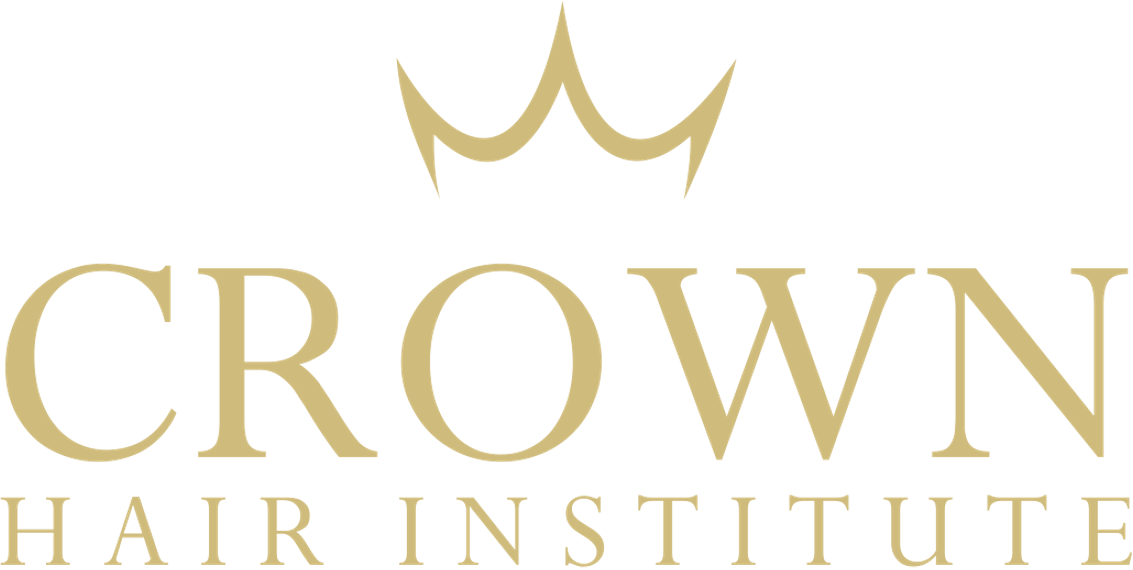FREQUENTLY ASKED QUESTIONS
FOR HAIR RESTORATION IN BEVERLY HILLS
WHAT IS A HAIR TRANSPLANT?
A hair transplant is a surgical procedure that involves removing hair follicles from one part of the head (or the “donor site”) and transplanting them to the thinning area (the “recipient site”). Both men and women who are bothered by hair loss can benefit from hair transplantation.
WHO IS A CANDIDATE FOR A HAIR TRANSPLANT?
Candidates for hair transplants include individuals with:
- Well-defined male pattern baldness or female pattern baldness
- Hair loss from scarring, scalp injuries, certain surgery procedures, or damaging hair styles
- Healthy scalps, good donor area hair, and are in generally good health
WHAT AREAS CAN BE TREATED WITH A HAIR TRANSPLANT?
Areas of the body that can be treated with a hair transplant include your head, eyebrows, beard, mustache, sideburns, and even eyelashes.
Can hair transplantation be combined with other hair loss treatments?
Yes, hair transplants can be combined with other hair loss treatments, such as medications or growth factor therapy, to improve the overall effectiveness of treatment.
Is hair restoration painful?
Local anesthesia is used during the procedure, so patients typically do not feel any pain during the hair restoration process. However, some patients may experience mild discomfort or soreness after the procedure, which can be managed with pain medication.
How long does it take to recover from hair restoration?
Recovery time can vary depending on the technique used, but most patients can return to work and normal activities within a few days to a week. Full recovery can take up to several weeks, and patients should avoid strenuous activity during this time.
When will I see results from hair restoration?
Results can vary depending on the individual, but most patients begin to see new hair growth within 1-4 months after the procedure. Final results can take up to 12-18 months to fully develop.
Are there any risks or complications associated with hair restoration?
As with any surgical procedure, there are some risks and complications associated with hair restoration, such as infection, bleeding, scarring, and nerve damage. However, these risks are generally low when the procedure is performed by a skilled and experienced surgeon.
How long does the transplanted hair last?
The transplanted hair is usually permanent, as the hair follicles are taken from a donor area that is genetically resistant to hair loss. However, some patients may experience additional hair loss over time due to genetic or hormonal factors.
